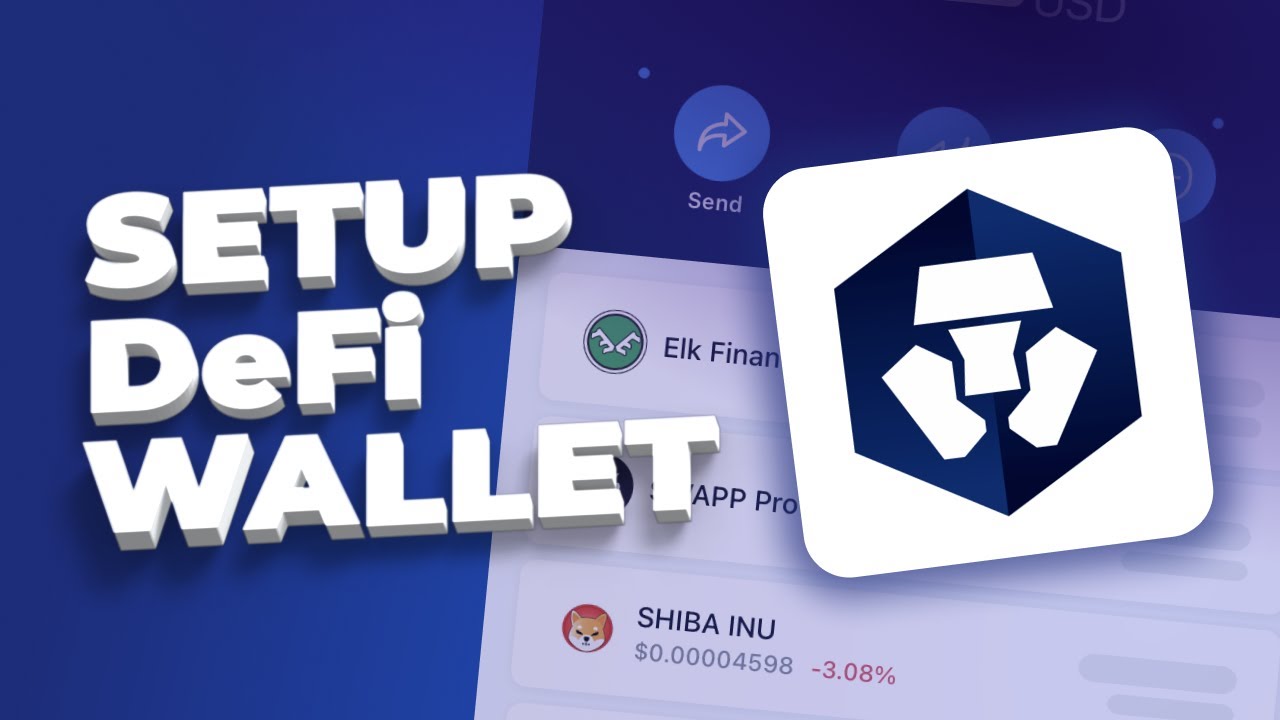
what happens after crypto wallet signs signature
Understanding what happens after a crypto wallet signs a signature is critical for both novice and experienced users within the digital asset landscape. This crucial stage is where ownership is transferred and transactions are validated. Ignoring the intricacies involved may expose users to various security threats and inefficiencies in the use of their digital wallets. In this detailed exploration, we cover the processes, implications, and underlying mechanisms involved, while also pondering the future trends in the cryptocurrency ecosystem.
The Signing Process Explained
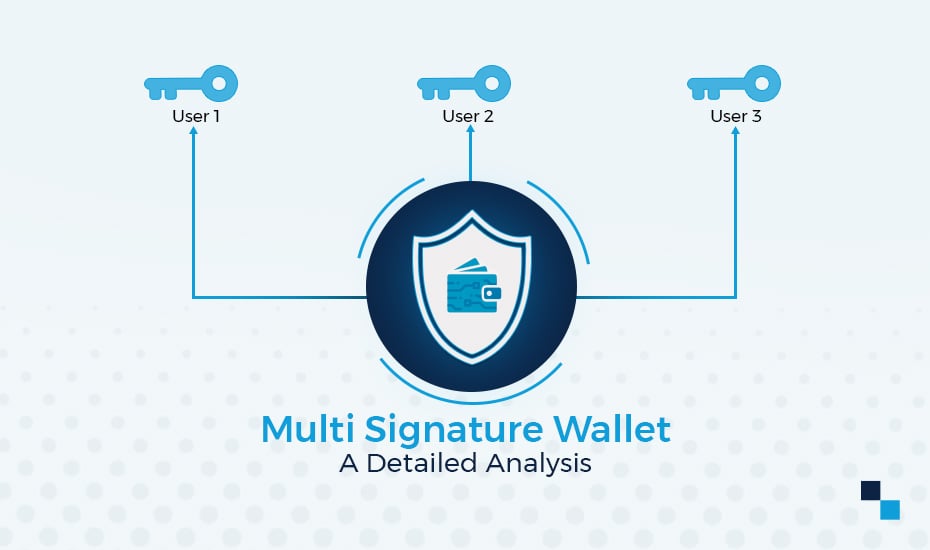
what happens after crypto wallet signs signature
When a user initiates a transaction, their crypto wallet creates a unique signature. This process utilizes cryptographic keys, involving both a private key (known only to the user) and a public key (shared with others). The complexity lies in how these keys interact. The private key signs the transaction, while the public key confirms the identity. This ensures a secure transfer of the asset from one wallet to another.
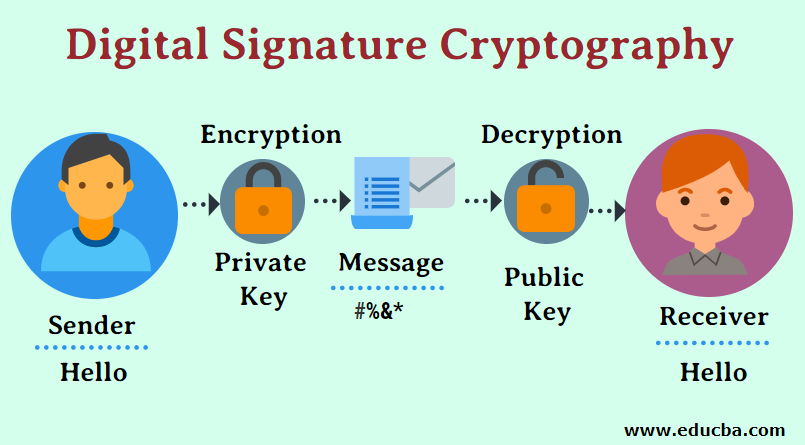
what happens after crypto wallet signs signature
Security Implications
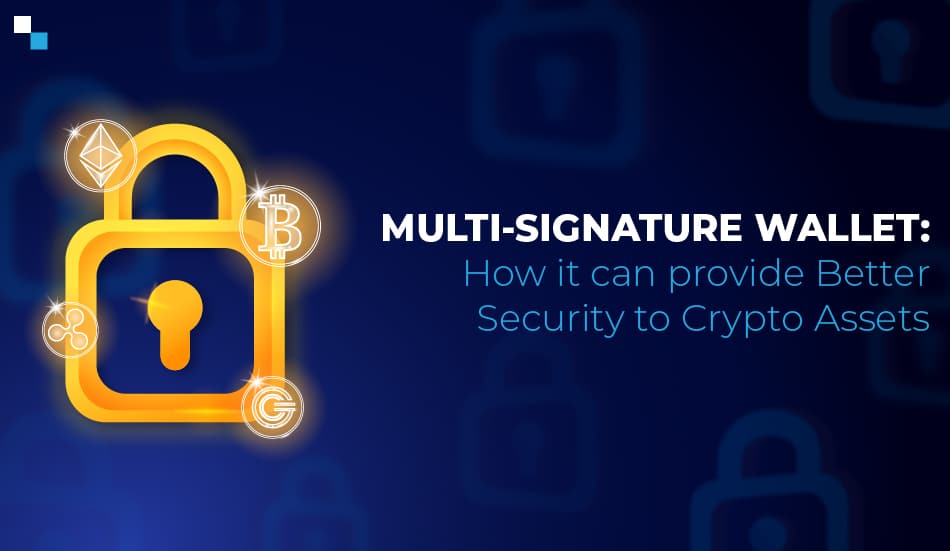
what happens after crypto wallet signs signature
The moment a crypto wallet signs a signature, it is paramount that users remain vigilant about security risks. This could entail exposure to phishing attacks or vulnerabilities in wallet software. A compromised private key can lead to irreversible loss of assets. Therefore, users should employ robust security practices, such as multi-signature wallets and hardware wallets, to mitigate risks.
Blockchain Validation
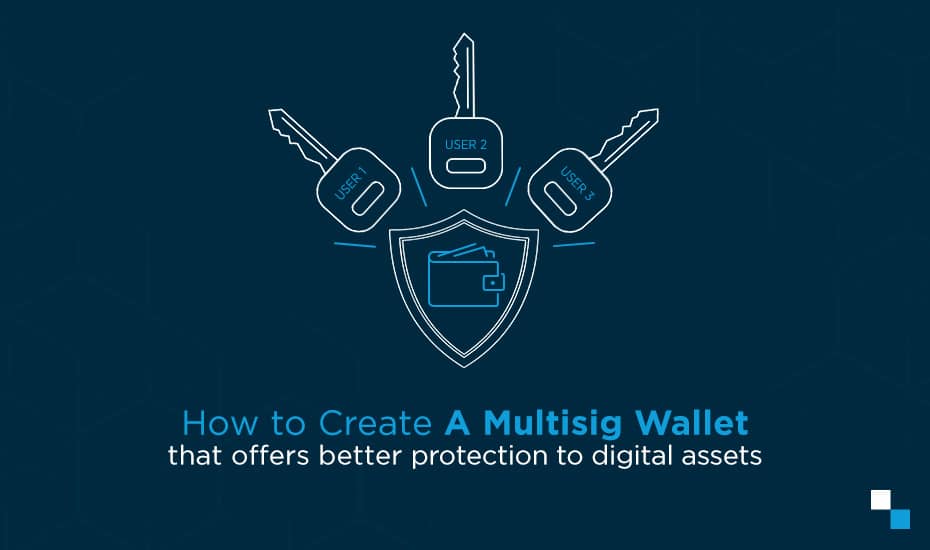
what happens after crypto wallet signs signature
Real-World Application – Case Study
Let’s consider a hypothetical scenario involving Ethereum transactions. Sarah wants to send ETH to her friend John. Upon signing, her wallet broadcasts the transaction. Validators quickly verify her signature and the transaction timing, ensuring that Sarah has the required balance before approval.
The Role of Gas Fees in Transactions
Market Trends and User Behavior
Recent trends indicate a growing inclination towards decentralized finance (DeFi), which heavily relies on users’ understanding of crypto wallets and signing. Research indicates that about 40% of crypto wallet users have engaged with DeFi platforms, typically leading to more frequent transactions. This evolution presents both opportunities and challenges as users navigate increasingly complex interfaces and security protocols.
Preparing for Future Trends
As the world of cryptocurrencies continues to evolve, anticipating future trends becomes essential. The advancement in blockchain technology is paving the way for concentrating on enhanced user experiences, more efficient protocols, and global adoption. One potential innovation involves simplifying the signing process for everyday users, bridging the gap between inexperienced users and complex technology.
Recommendations for Users
- Utilize a reputable wallet with a history of security
- Enable two-factor authentication
- Regularly update software to patch vulnerabilities
Conclusion
In conclusion, grasping what happens after a crypto wallet signs a signature is crucial for safeguarding your assets and navigating the digital economy. From the intricacies of the signing process to the overall implications for blockchain integrity, each step holds significant weight in the realm of cryptocurrencies. As users, staying informed is a protective measure and a pathway to empowering future financial decisions.
FAQs
What should I do if I lose access to my crypto wallet?
It is crucial to secure your recovery phrases. Always back them up in a safe location.
How can I enhance the security of my crypto transactions?
Consider using hardware wallets and avoid public Wi-Fi when accessing your crypto accounts.


